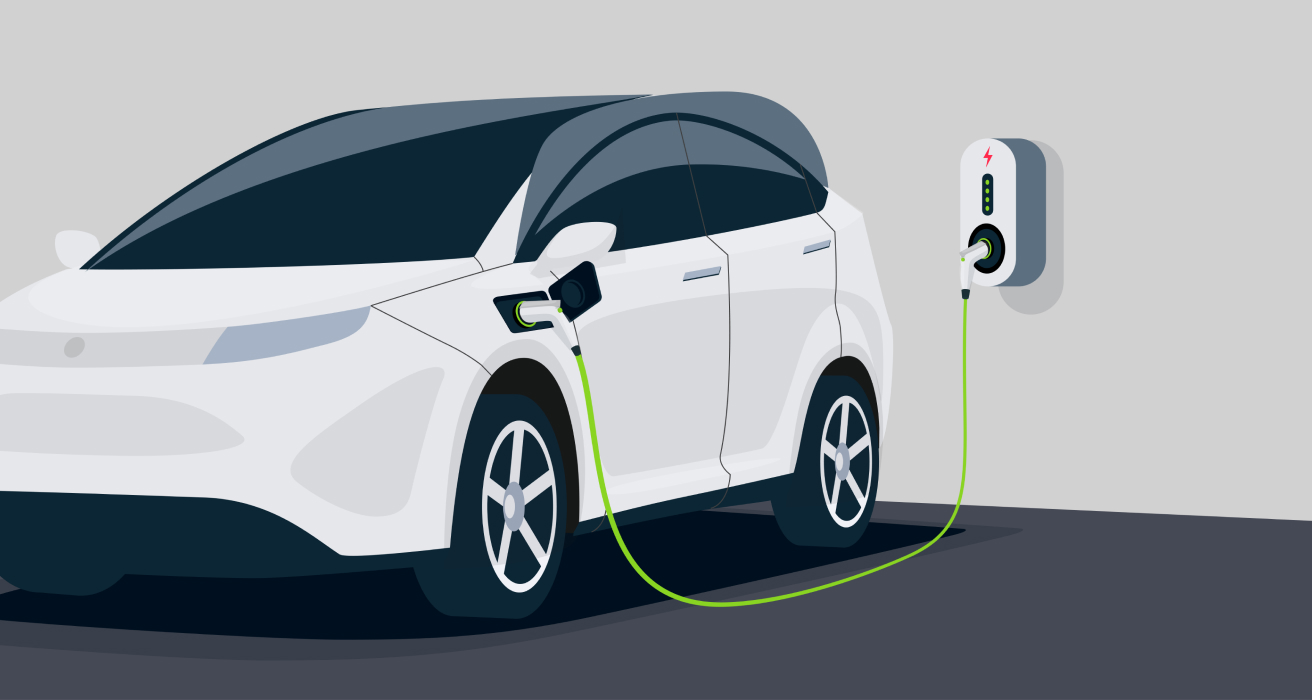
Car Chargers
With a huge shift towards Electric Vehicles (EVs) happening right now, it’s safe to assume that most of us will own one at some point in the near future. With an EV comes the need to charge it. We can install EV Charge points both at Homes and the Workplace. Modern ‘smart’ chargers can be set up and controlled in a number of ways to give both security and maximum efficiency.
How do car chargers work?
An EV Charger is essentially a socket to plug in your car and charge its battery, but there’s a bit more to it than that. The latest chargers have built in safety equipment that would previously need installing by your electrician. They can be controlled by a mobile app and even prioritise charging from solar power over the grid connection in order to save money and keep your car as green as possible!

Benefits of installing a Electrical Vehicle Charger
Having an electric vehicle (EV) charger at home comes with a host of benefits. Firstly, it offers convenience since you can charge your car from the comfort of your own home, eliminating the need to make frequent stops at charging stations. This is especially useful for daily commutes or regular errands. Additionally, charging your EV at home is often cheaper than using public charging stations, saving you money in the long run.
With a home charger, you can also charge your car overnight when electricity rates are typically lower. Furthermore, having an EV charger at home can increase the resale value of your property, as it appeals to potential buyers who already own or plan to own an electric vehicle. Overall, installing an EV car charger at home offers a more convenient, cost-effective, and environmentally-friendly way to charge your vehicle.
25,000
As of 2021, there are over 25,000 public EV charging points in the UK.
£1,000
Installing an EV charger at home can save drivers up to £1,000 per year in fuel costs.
100,000
The UK government has committed to installing over 100,000 public EV charging points by 2030.
186%
EV sales in the UK increased by 186% in 2020. Indicating a growing demand for more EV charging infrastructure.
Still have questions?


